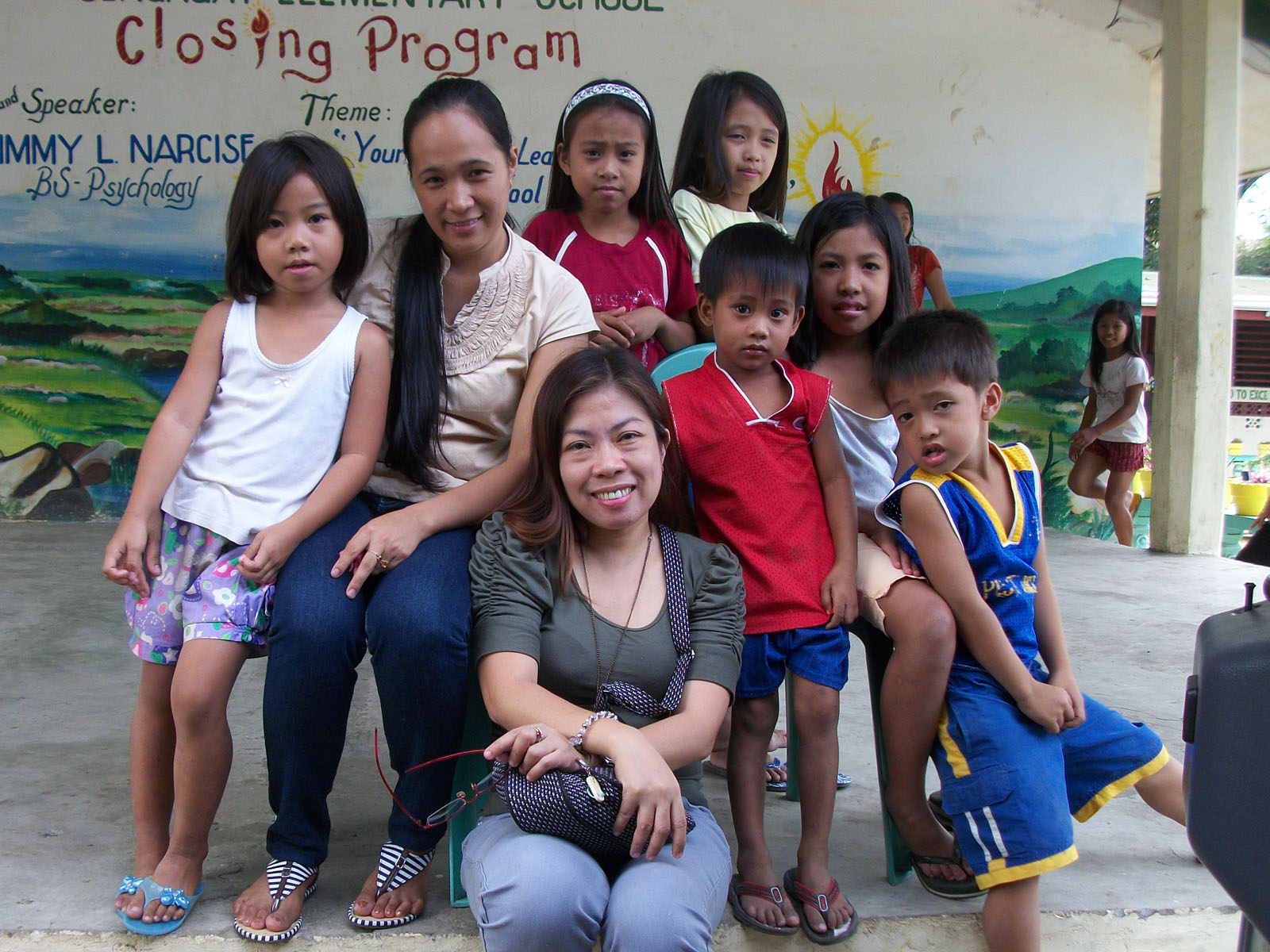
Teaching is the noblest profession – no one becomes great without a teacher’s guidance and nurture. Ask anybody about their favorite teachers – those who really made both small and big differences in their lives- and we bet that you would get funny, amusing, and inspiring anecdotes about how a teacher believed in their potential even if others didn’t.
In the Philippines, teachers not only teach their students various lessons in different subjects, they also serve as the students’ second set of parents. They worry if their student is absent for a prolonged period of time. They give food to students who went to school with not even a glass of water for breakfast. The short of it is that the Philippines is lucky for having teachers that go beyond the call of duty. But with that comes the sad reality that majority of teachers have to use their own personal money just so they can buy food for their pupils and classroom materials that would help in effectively teaching their students.
Such is the case of teachers in Seng-ngat Elementary School. Located in the outskirts of Sudipen, La Union, this public elementary school is home to 180 students who are sons and daughters of tenant rice and tobacco farmers. The school’s principal, Mrs. Lailani Olpindo says that “it’s actually quite hard to be a public school teacher in the province. The school is almost always at the bottom in the priority list since bigger public schools in the urban and major cities get support first. Whatever is left goes to schools like Seng-ngat – small public schools far from the scrutiny of the media. It’s a good thing we have an HBI and an ICARE-Australia who help us.”
The Seng-ngat Elementary School is supported by HBI and ICARE Australia via various School Support Programs such as provision of books, kindergarten materials, classroom materials, and instructional materials. Mrs. Zeny Muchong, the HBI CSP Teacher in Seng-ngat Elementary School, said that “all these support are very, very, very welcome. But what we teachers are most thankful for are the kindergarten materials and the teachers’ instructional materials. Because of this, we don’t have to save money to buy chalks, papers, and other office supplies.”

The Kindergarten level became mandatory for all public elementary schools under the new K+12 Education Curriculum which was implemented in the Philippines in the year 2012. “That’s a nice program actually because Grade 1 students who graduated from Kindergarten already know how to read and write,” said Mrs. Olpindo. “The problem though is that the Department of Education didn’t even provide Kinder materials, books, and educational toys for the children. So in the end, it’s the teachers who have to buy all these things. Imagine, teachers don’t earn that much – if we get 12,000 pesos a month, that is already considered lucky. A Kindergarten Teacher only earns a stipend of 4,000 pesos a month. But in spite of that, we buy the materials; we buy the toys for the benefit of the children. With HBI and ICARE helping us, the load has become very light. On our end, we will try our best to use these materials given to us for the children.”
The kindergarten students using the kindergarten materials couldn’t be happier. “We learn a lot,” said one child. “ABCs, counting from 1-50, reading story books, sharing toys, food, and books, and not crying when Mama is not inside the classroom…” said another tot when asked what he learns in Kindergarten class. At the end of the day, HBI is happy that they can help the teachers and students of Seng-ngat Elementary School to study, learn, play, and grow together.
